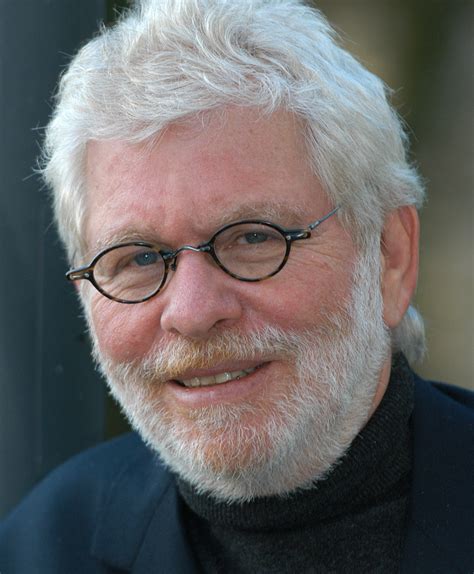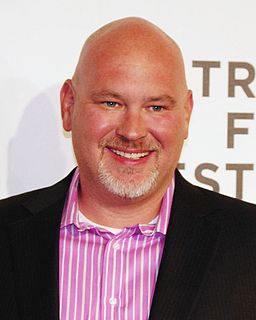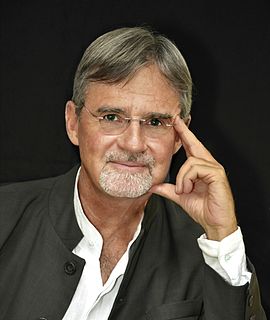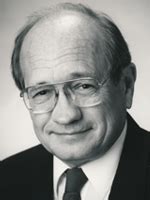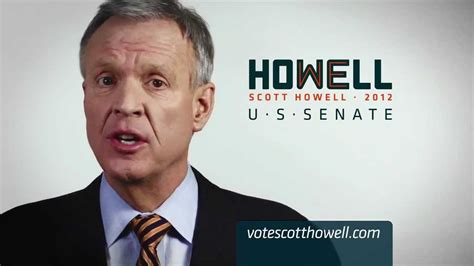A Quote by John F. Kerry
We need a new approach to national security - a bold, progressive internationalism that stands in stark contrast to the too often belligerent and myopic unilateralism of the Bush Administration.
Related Quotes
I'm not interested in embarrassing the United States. We as a nation need to foster a broader understanding of national security, and when in the name of national security the US government both overtly and covertly aligns itself with the apartheid state and against heroic freedom fighters for racial justice ... Not only in 1962 but also keeping in mind that Mandela was on the US terror watch list until 2008, that kind of myopic understanding of national security has devastating consequences.
A new book by 'New York Times' reporter Charlie Savage, 'Power Wars,' suggests that there has been little substantive difference between George W. Bush's administration and Obama's when it comes to national-security policies or the legal justifications used to pursue regime change in the Greater Middle East.
When it comes to immigration, I have actually put more money, under my administration, into border security than any other administration previously. We've got more security resources at the border - more National Guard, more border guards, you name it - than the previous administration. So we've ramped up significantly the issue of border security.
We have a media that goes along with the government by parroting phrases intended to provoke a certain emotional response - for example, "national security." Everyone says "national security" to the point that we now must use the term "national security." But it is not national security that they're concerned with; it is state security. And that's a key distinction.
In 1945, at the beginning of the Cold War, our leaders led us astray. We need to think of the Cold War as an aberration, a wrong turn. As such, we need to go back to where we were in 1945 - before we took the road to a permanent war economy, a national security state and a foreign policy based on unilateralism and cowboy triumphalism.
The wheel of government will continue to work, even as these people come in and we wait for them, but the issue is, there's always one thing, that a new administration confronts.For the Bush administration, it was terrorism. For this administration, it's going to be cyber-security, not Russian hacking. That's a symptom of the bigger problem, but the bigger issue of cyber, how they deal with that. So, we may see something else we're not anticipating. That's going to be their challenge.
Those who devise better methods of utilizing manpower, tools, machinery, materials and facilities are making real contributions toward our national security. Today, these ideas are a form of insurance for our national security; tomorrow, this same progressive thinking is insurance for our individual security-it is, in effect, job insurance.
The administration of George W. Bush, emboldened by the Sept. 11 attacks and the backing of a Republican Congress, has sought to further extend presidential power over national security. Most of the expansion has taken place in secret, making Congressional or judicial supervision particularly difficult.



